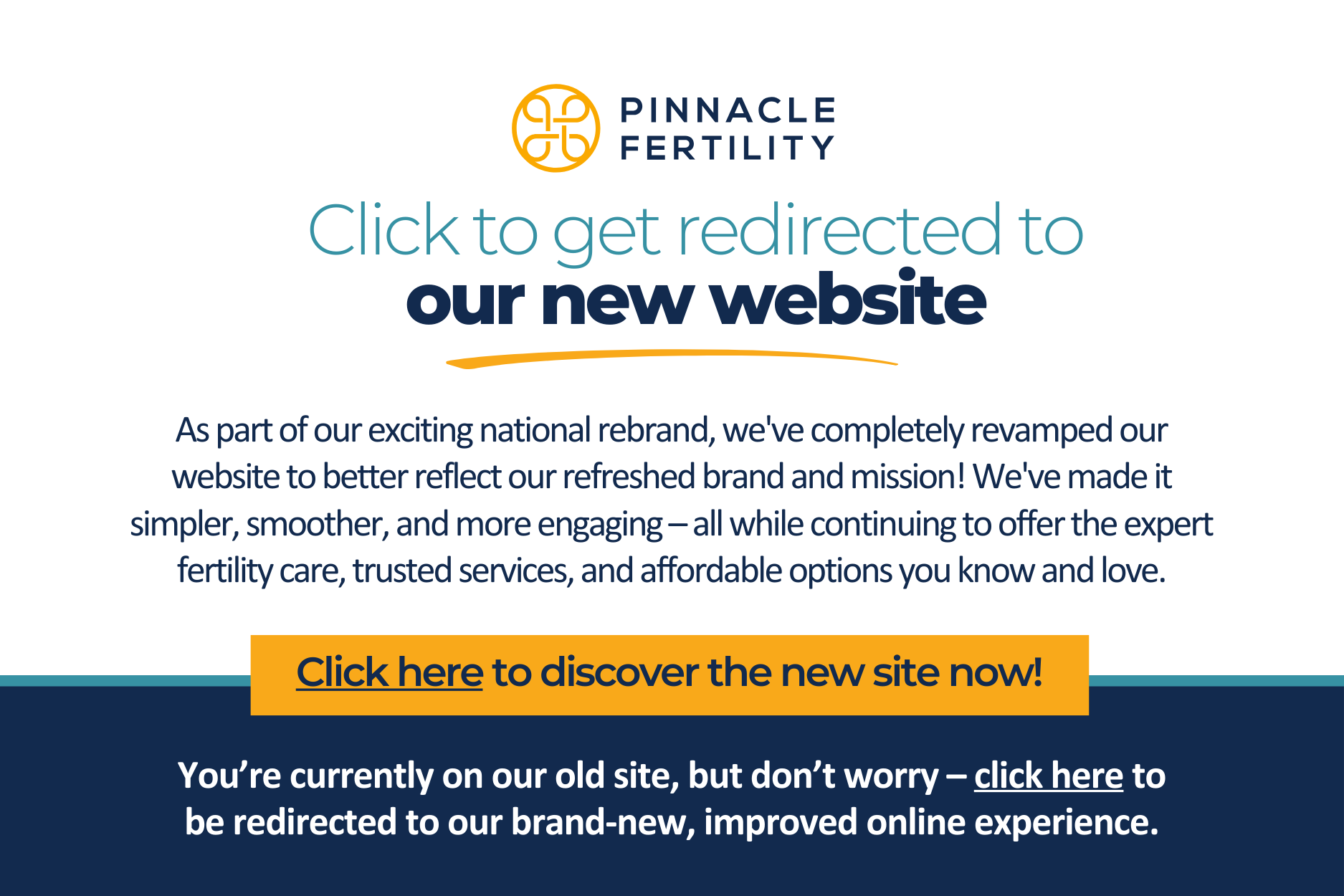Become An Egg Donor
Be Compensated $8,000 to $10,000 for Egg Donation in Washington State
We appreciate your interest in becoming an egg donor and participating in one of the most profound experiences many couples and individuals will ever have. Providing someone with the chance to become a parent by donating eggs is an amazing and rewarding feeling. Recipients who receive help through egg donations are truly grateful. In addition to providing happiness to a new family, egg donors are paid for their contributions and effort. As an egg donor, you will receive compensation of $8,000- $10,000 for your time and commitment, and you will not be responsible for any medical costs related to the screening process or egg donation cycle. Egg donation in Washington State can help people become parents while providing you with financial compensation. Contact us to learn more about how to become an egg donor.
We are accepting egg donor applications at our Washington State clinic locations in Seattle, Kirkland, Bellevue, Tacoma, Everett, and Spokane.
What are the Qualifications For Becoming An Egg Donor at SRM?
Egg donors are women just like you – successful, well-educated, and committed to helping another family achieve their dream of parenthood. Here’s how to become an egg donor in Washington state.
Egg Donor Requirements Include:
- Between the ages of 21-29
- Has a minimum of a high school diploma or GED
- Has a BMI between 18 and 30
- Does not use nicotine products and does not do recreational drugs
What are the benefits of becoming an egg donor at SRM?
Your decision to become an egg donor is a generous gift. Egg donors make $8,000–$10,000 after each completed donation cycle for their time and commitment. To value your commitment to the egg donation process, our compensation model is based on the number of times you donate. We will partially compensate you for your time if, for some reason, SRM cancels your egg donation cycle after you have started medication. However, there is no compensation if you withdraw from the egg donor program.
1st-3rd cycle: Egg donors are paid $8,000 each
4th cycle: Egg donors are paid $9,000
5th-6th cycle: Egg donors are paid $10,000 each
Additional benefits of becoming an egg donor:
- $500 for referring a friend to our egg donation program
- 25% discount on any future fertility services
Reach out today to schedule your consultation and become an egg donor in Washington state. Give the ultimate gift of egg donation.
Egg Donor
FAQs
How do I apply to be an egg donor?
If your prescreening questionnaire is approved by our team, you will receive access to the full online application that includes more detailed questions regarding personal and family health history. After the full application is complete, our team will review it to decide if you are approved and able to begin the screening process for egg donation.
Can I be on birth control while being an egg donor?
What are the potential risks of egg donation?
Activity restrictions include no heavy lifting or high impact activities (i.e. running/jumping) from the start of injections until after the next period. To avoid pregnancy, abstain from intercourse during the cycle and until the next period. Use back-up contraception in addition to current contraception for one month following the retrieval procedure.

